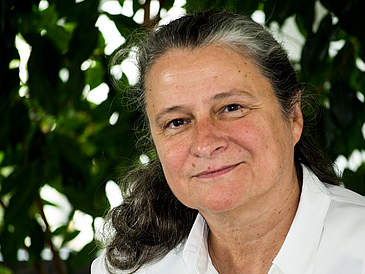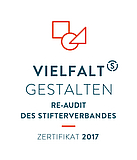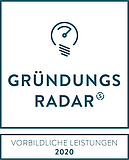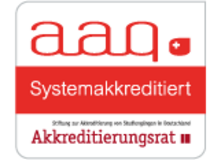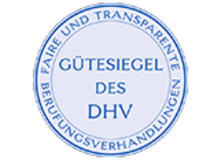She will be a member of the senate for three years and of the Earth and Environment research area. The Helmholtz Association Senate is composed of external personalities from the fields of politics and science. It consists of over 20 members and decides, among other things, on thematic priorities and the amount of funding for individual research programs.
The Helmholtz Association of German Research Centers is Germany's largest research organization. It comprises 18 research centers throughout Germany, including the Alfred Wegener Institute, Helmholtz Center for Polar and Marine Research in Bremerhaven. Research within the Helmholtz Association focuses on six research areas: Energy, Earth and Environment, Health, Information, Aeronautics, Space and Transport, and Matter.
Kerstin Schill studied computer science at the Technical University of Munich and completed her doctorate in human biology at the Ludwig Maximilian University of Munich (LMU) in 1993. Since 2003, she has been a professor at the University of Bremen and, in this capacity, also heads the Institute for Cognitive Neuroinformatics. Since then, an important area of focus in her research has been the investigation of the cognitive abilities of biological systems and their application to intelligent technical systems. Since 2018, she has also held the office of Rector of the Hanse-Wissenschaftskolleg Delmenhorst. From 2014 to 2019, Kerstin Schill served as a member of the Senate of the German Research Foundation (DFG) before being elected DFG Vice President in July 2019.







